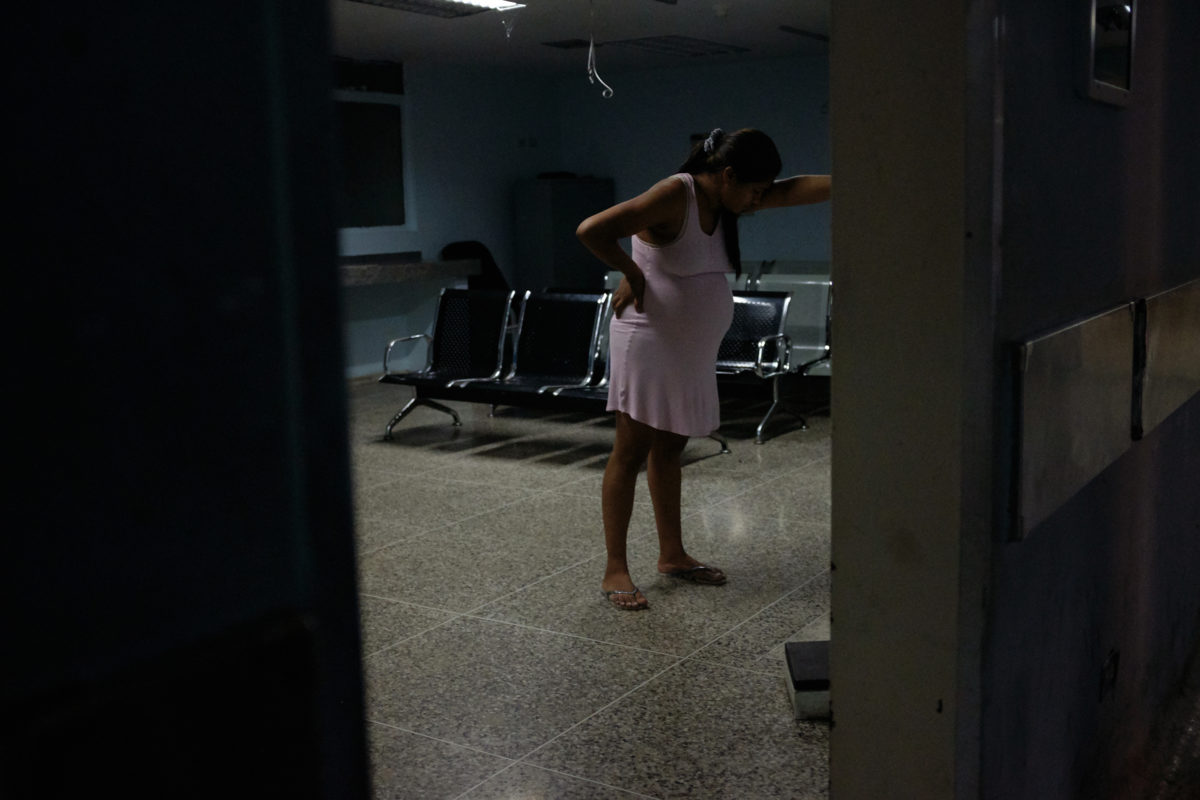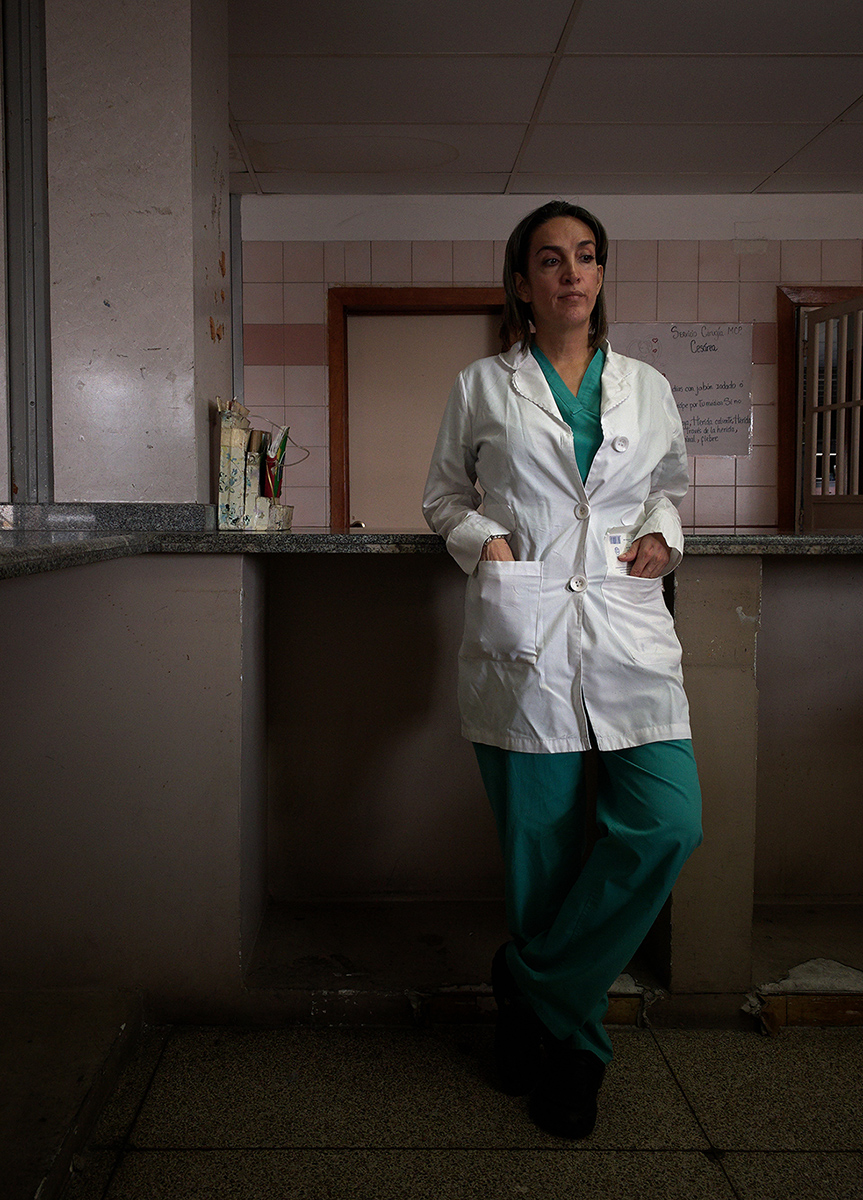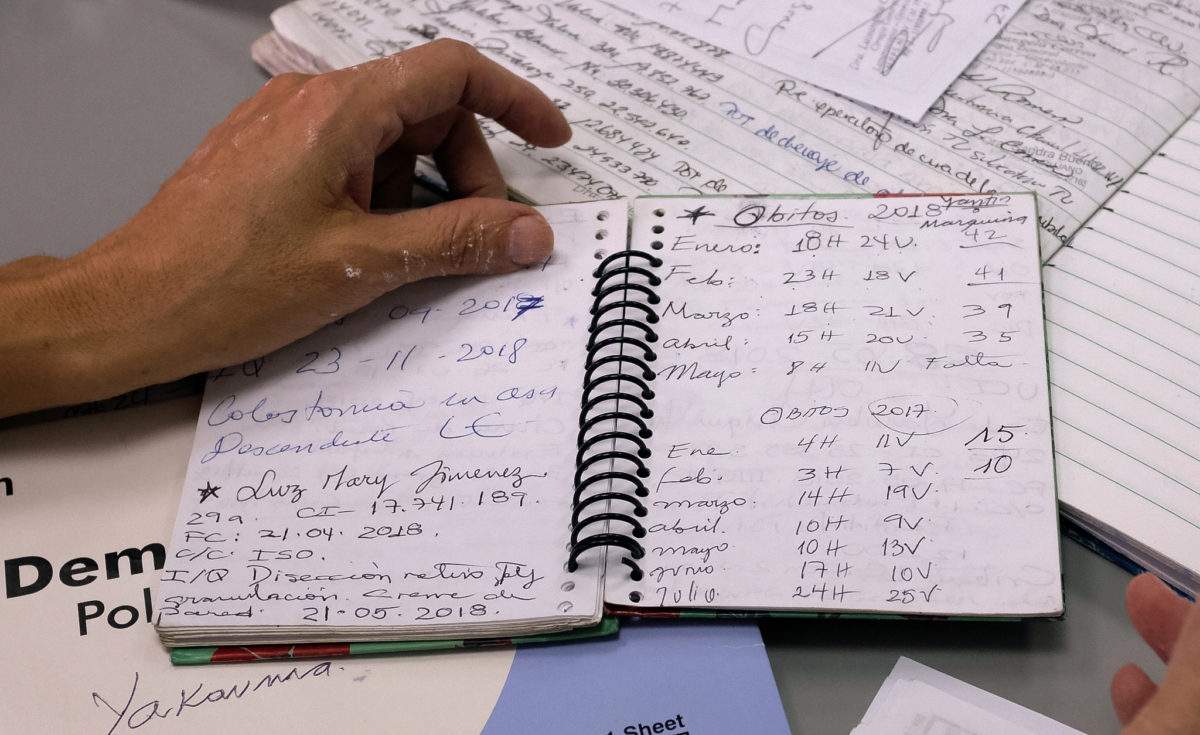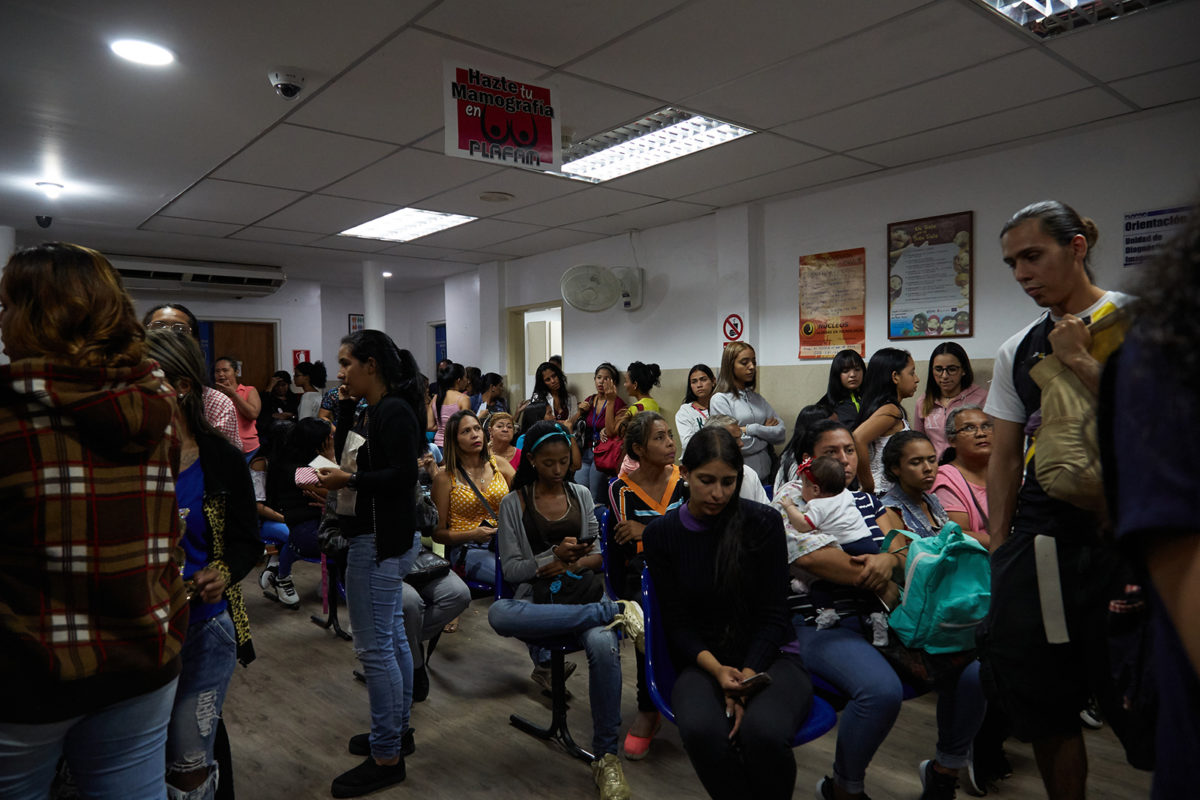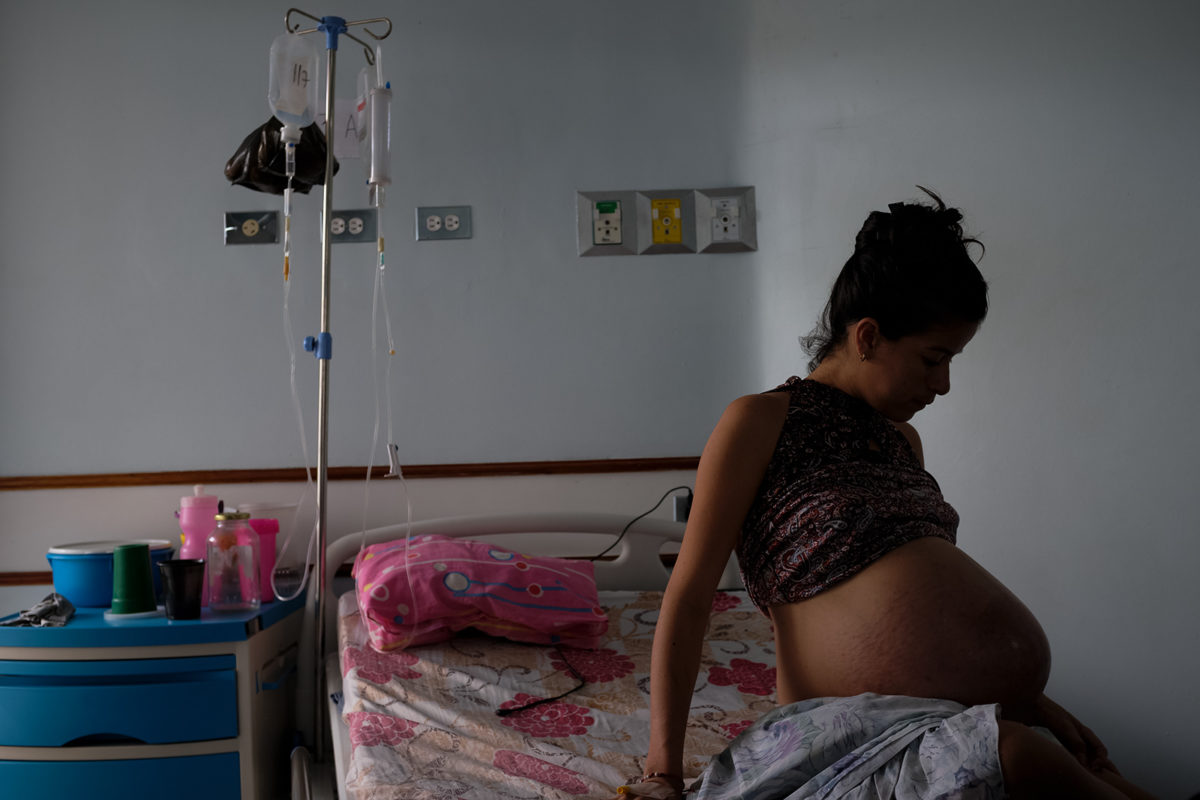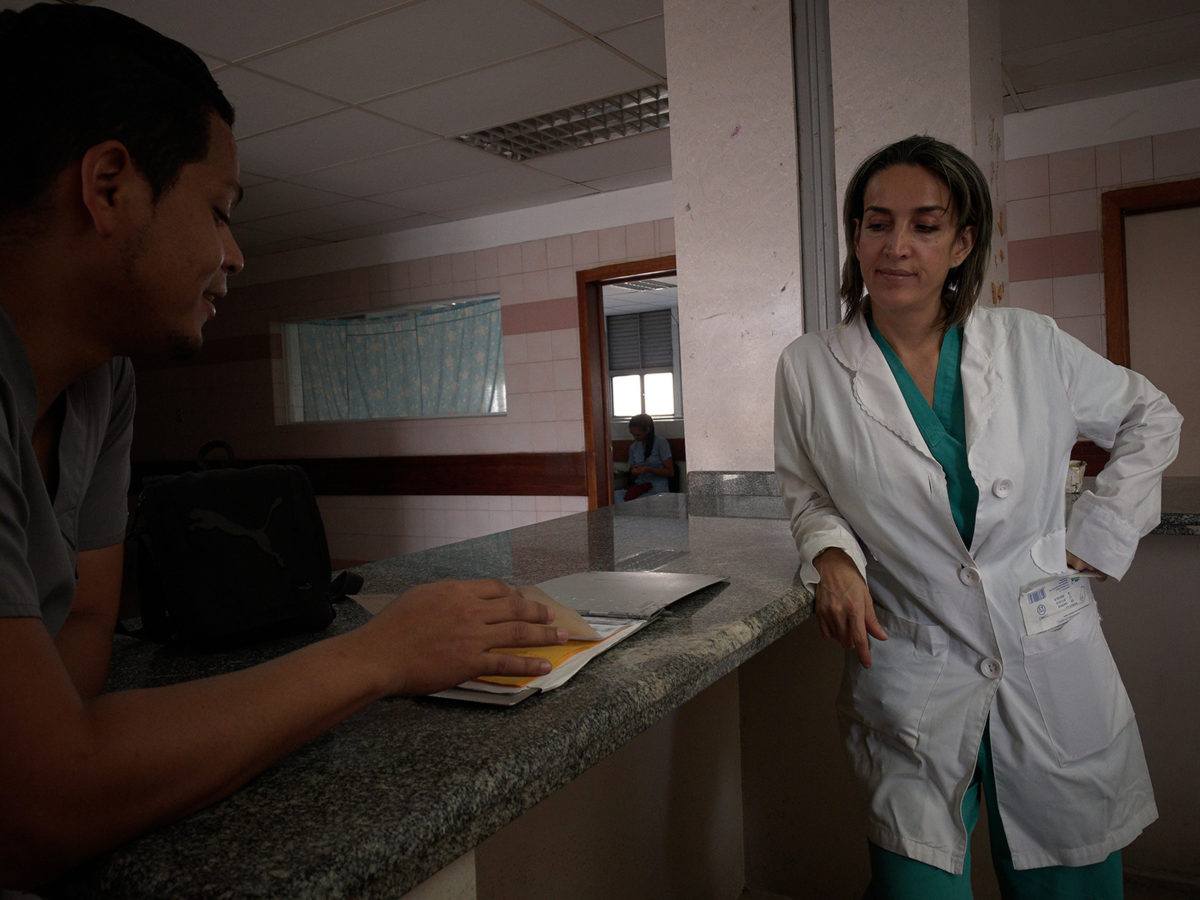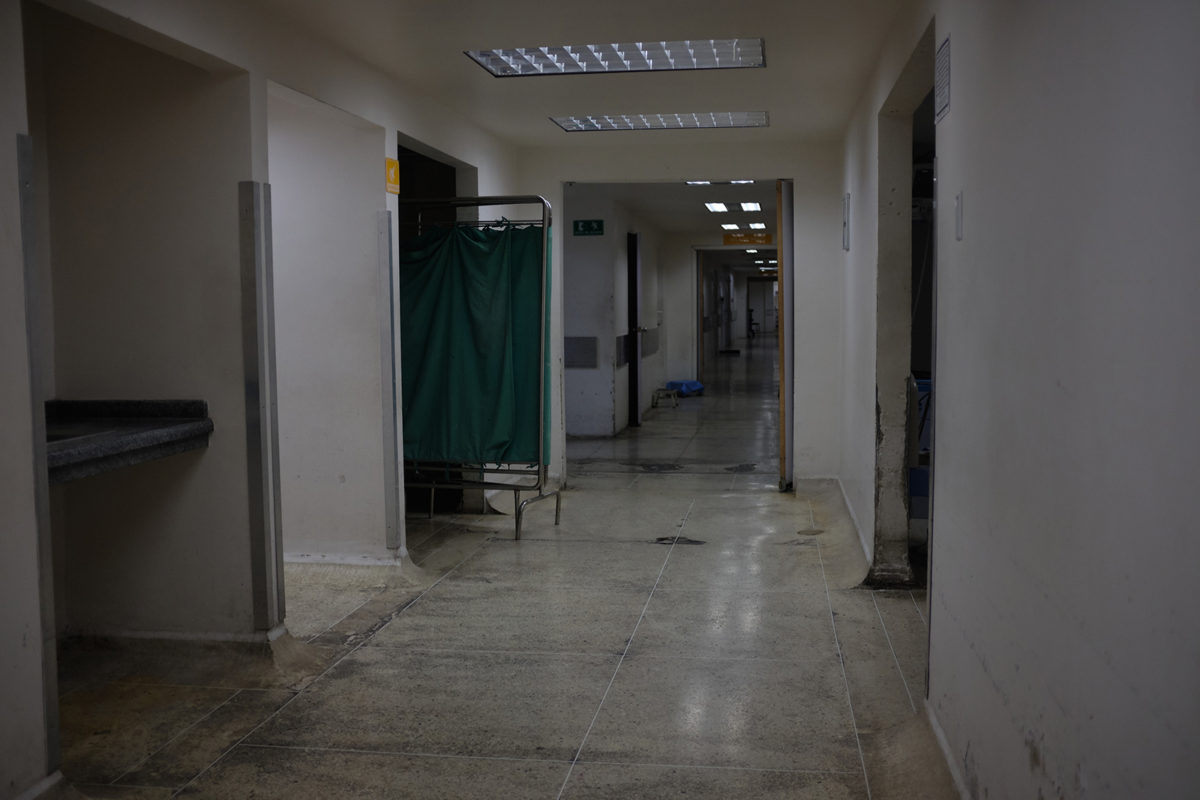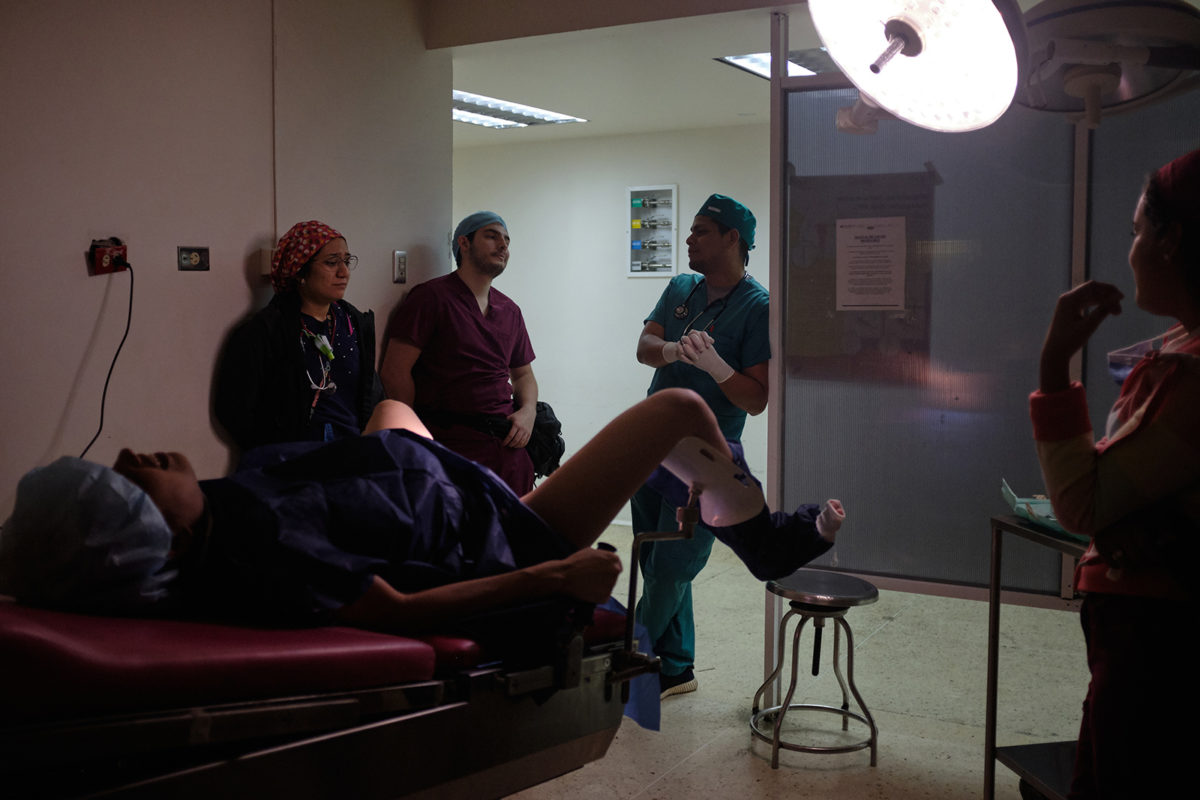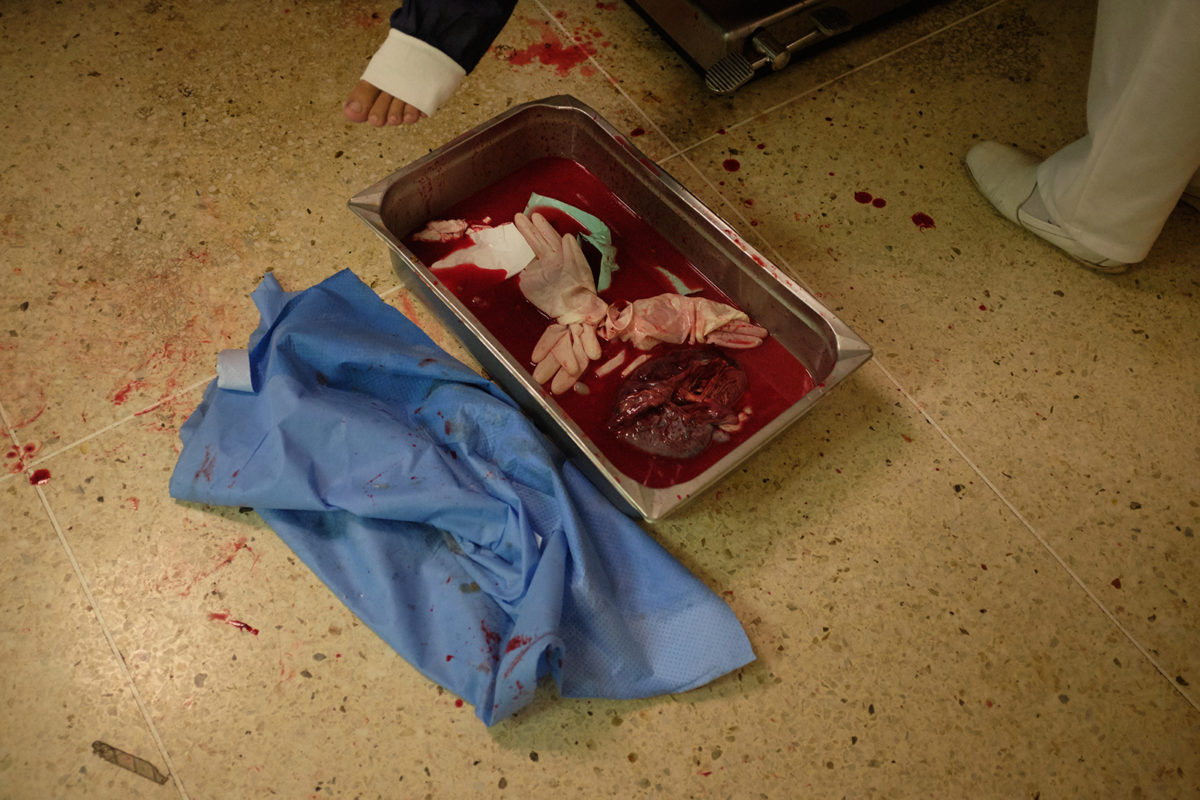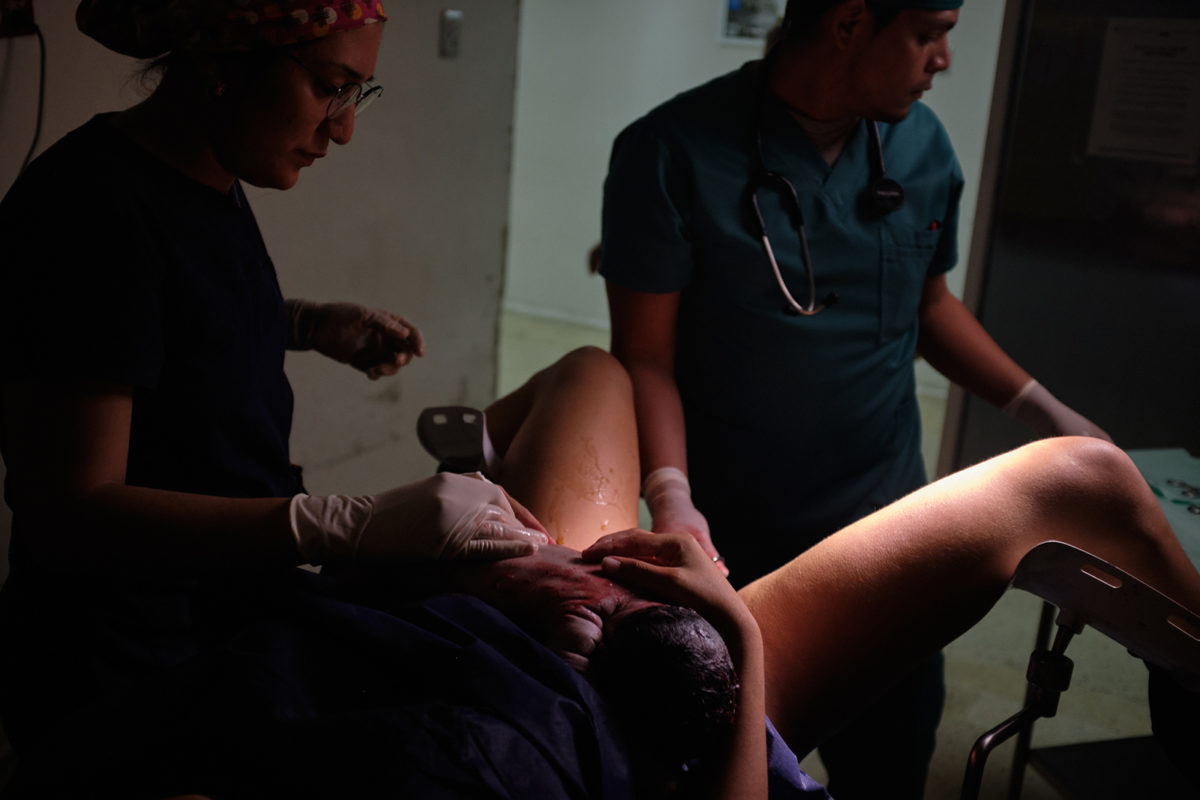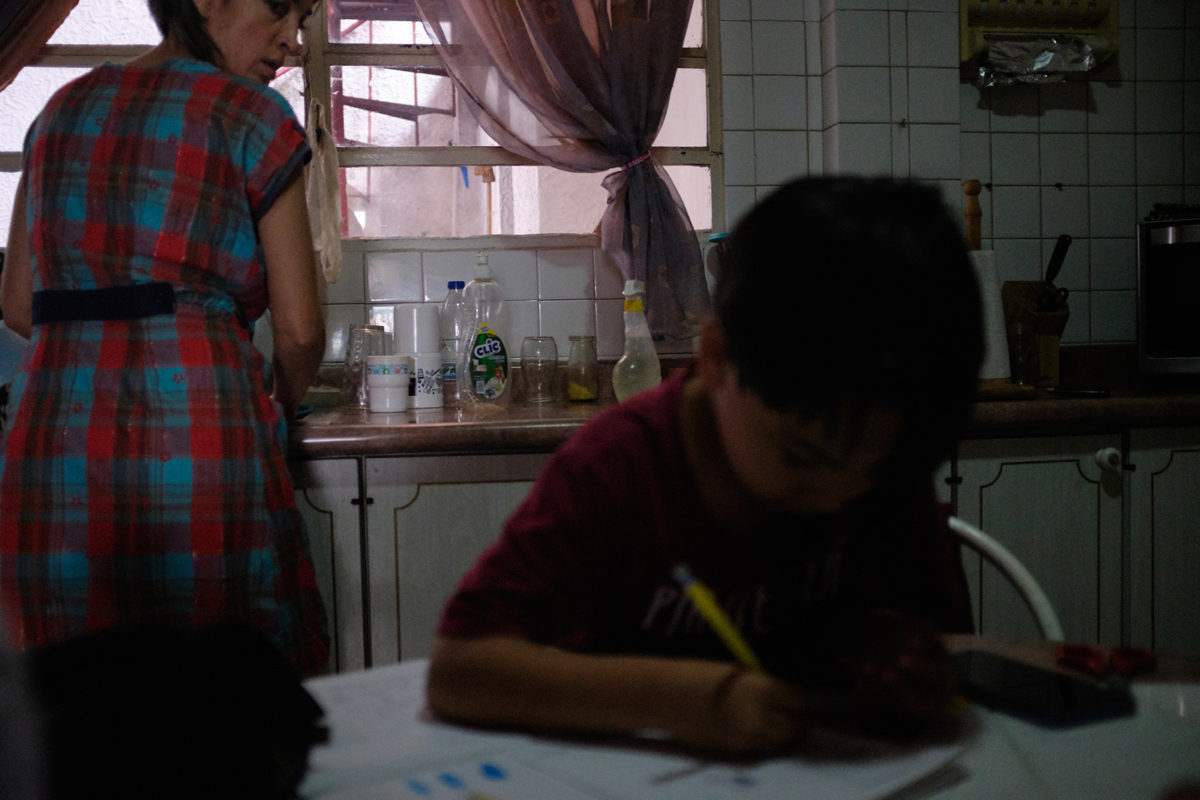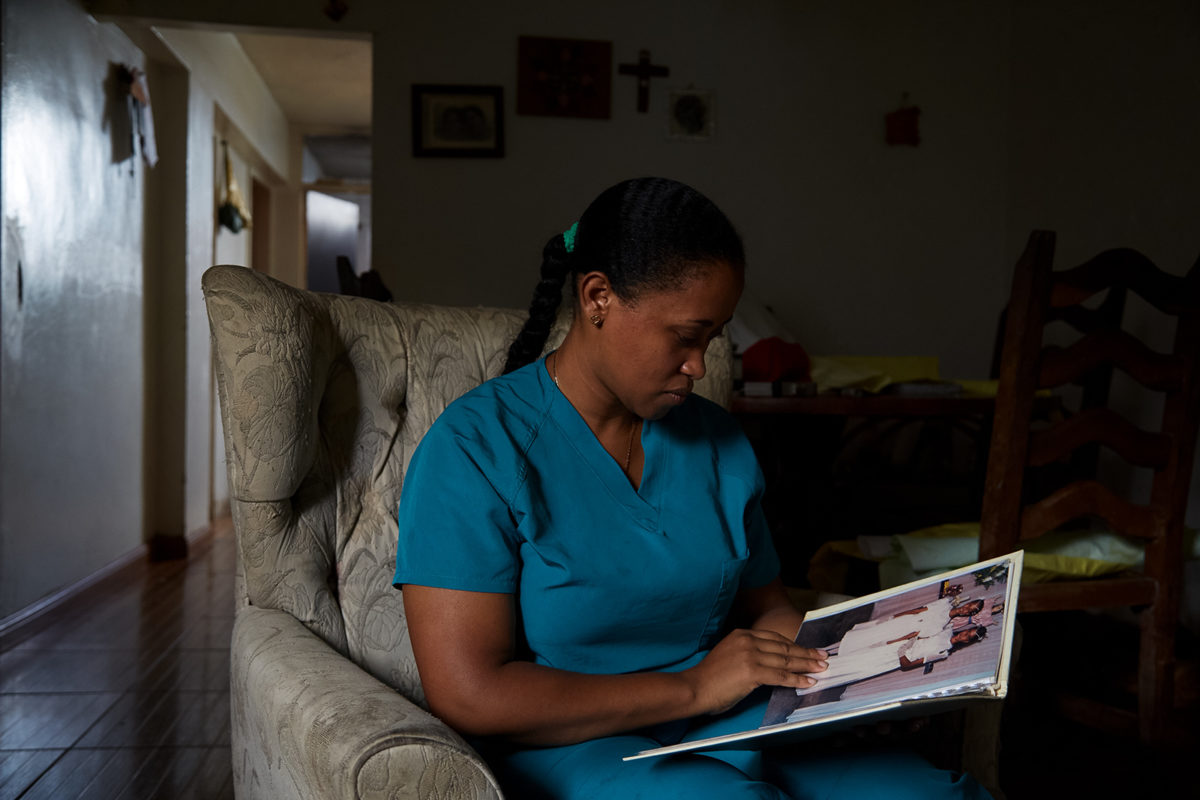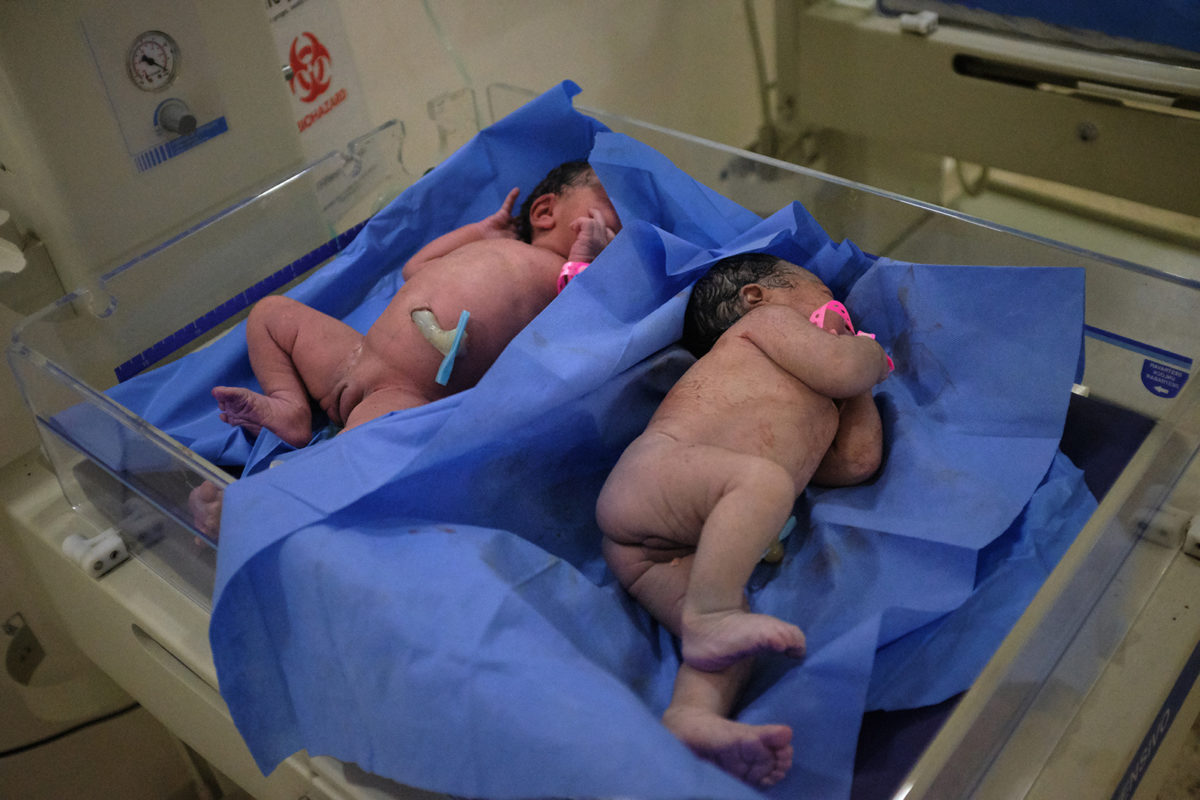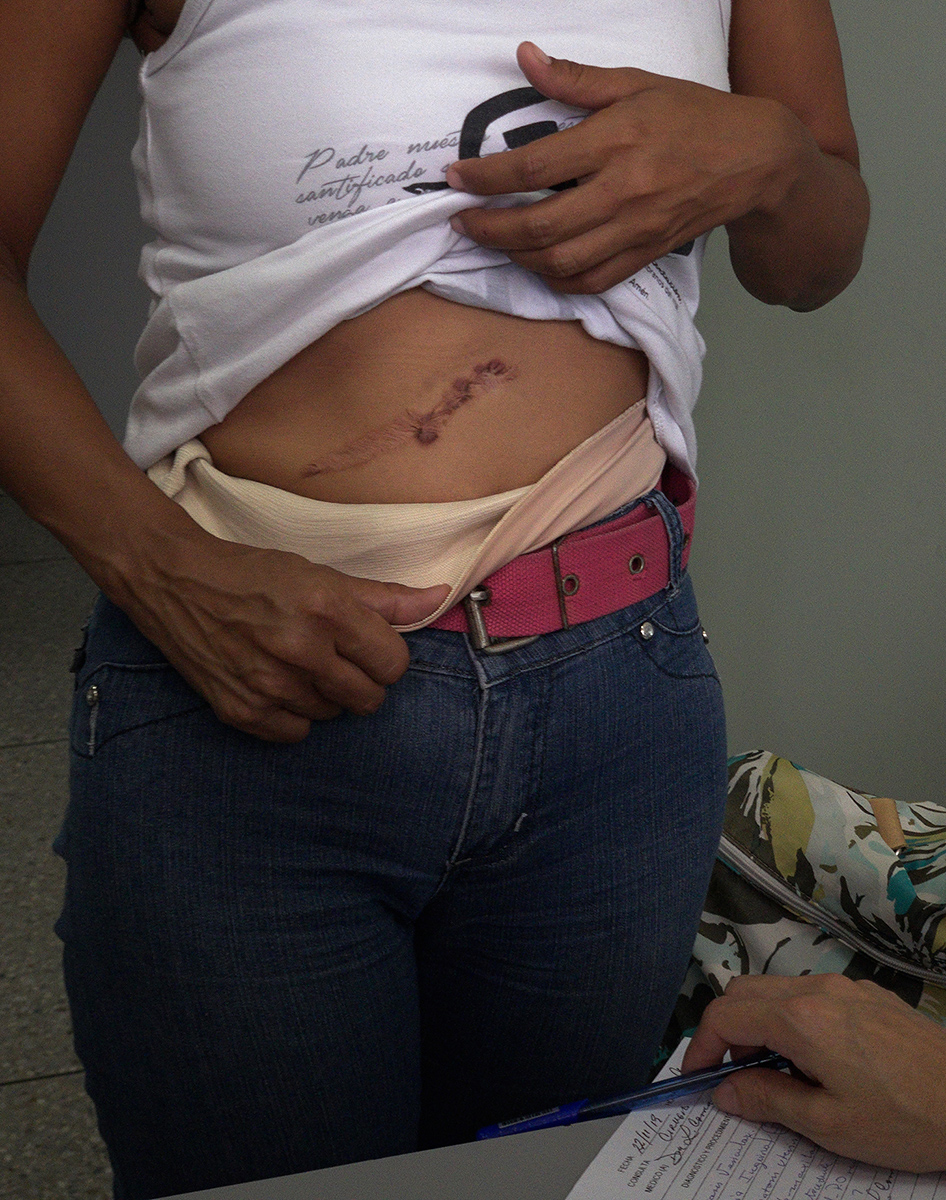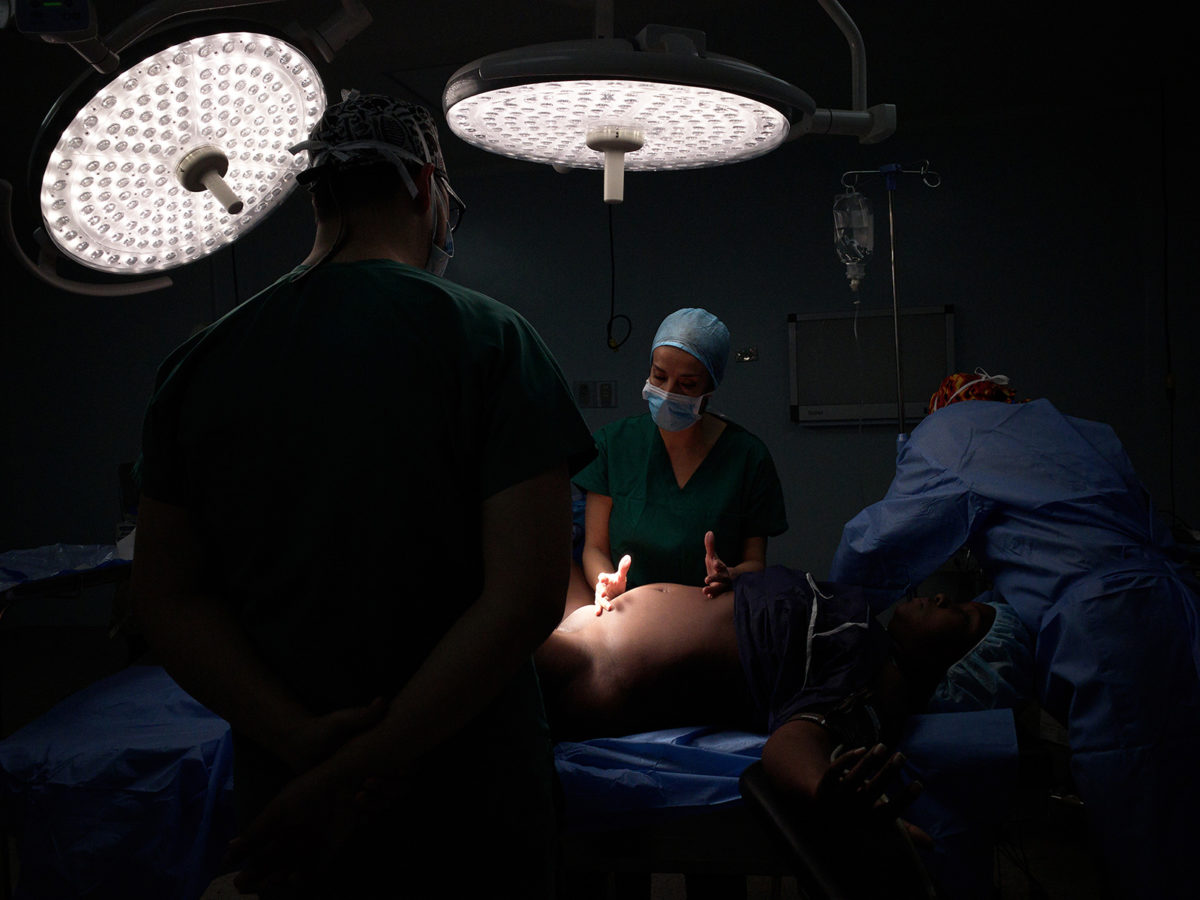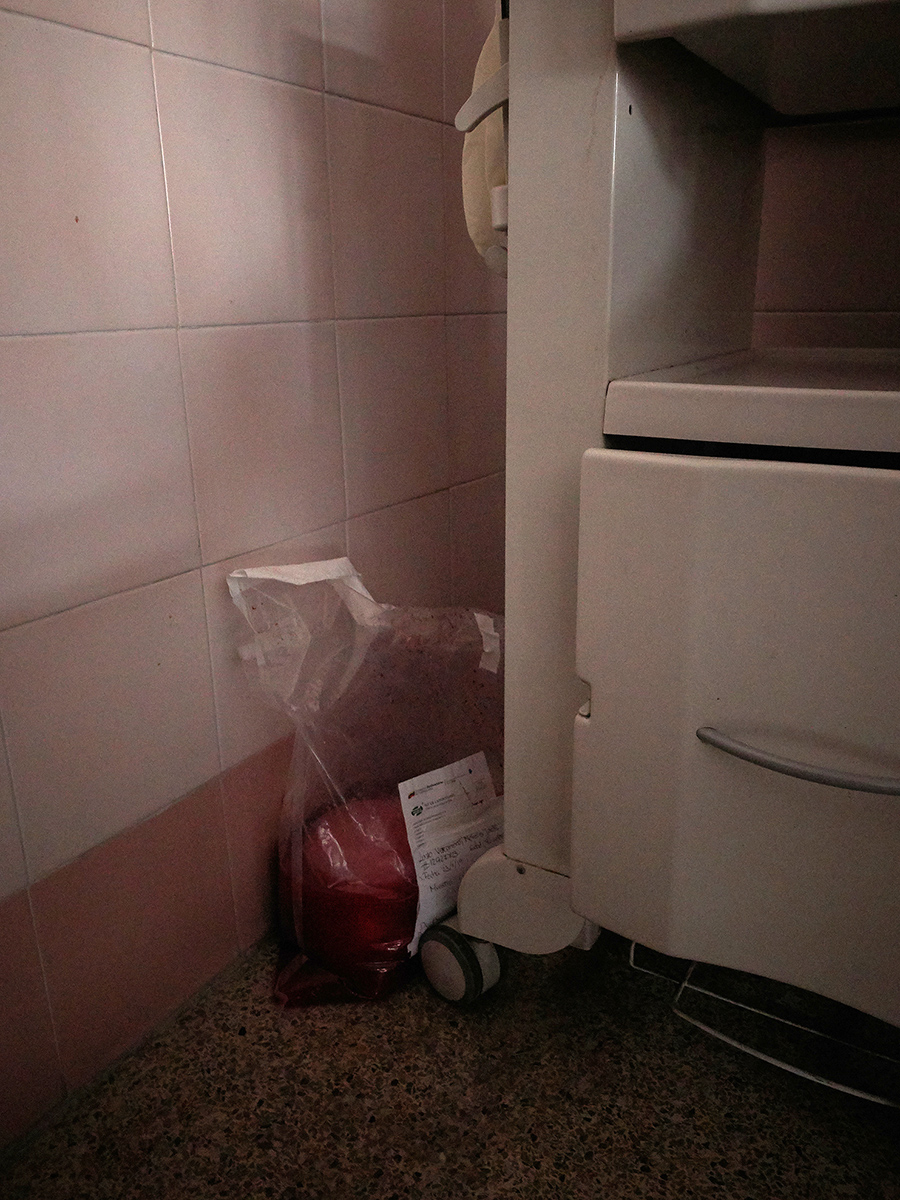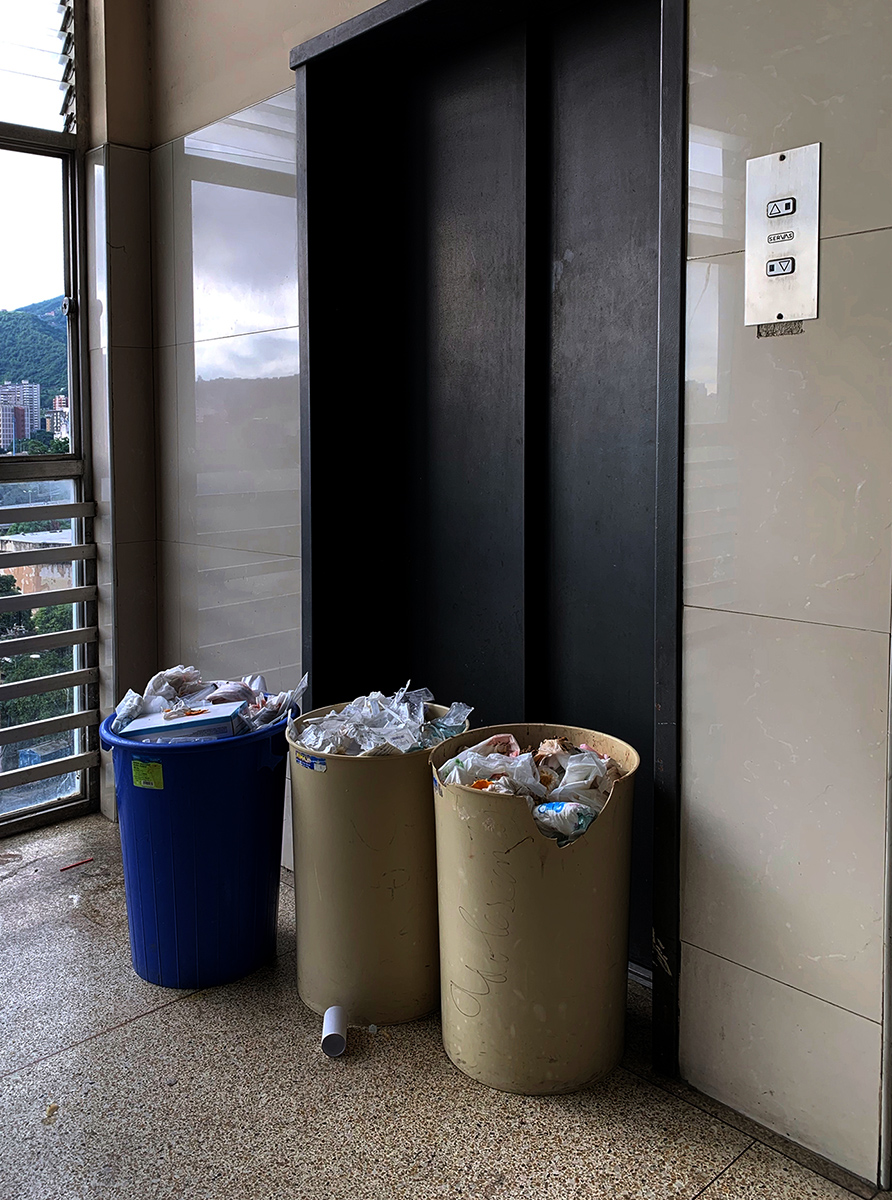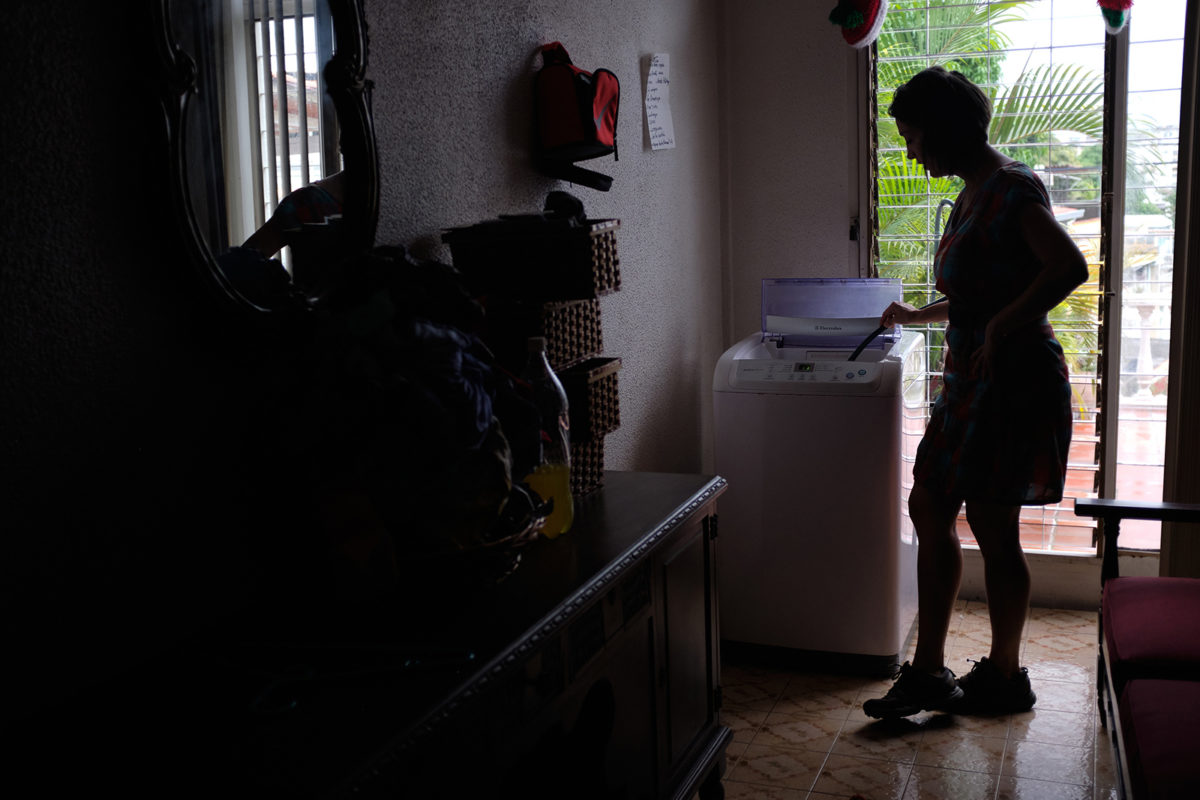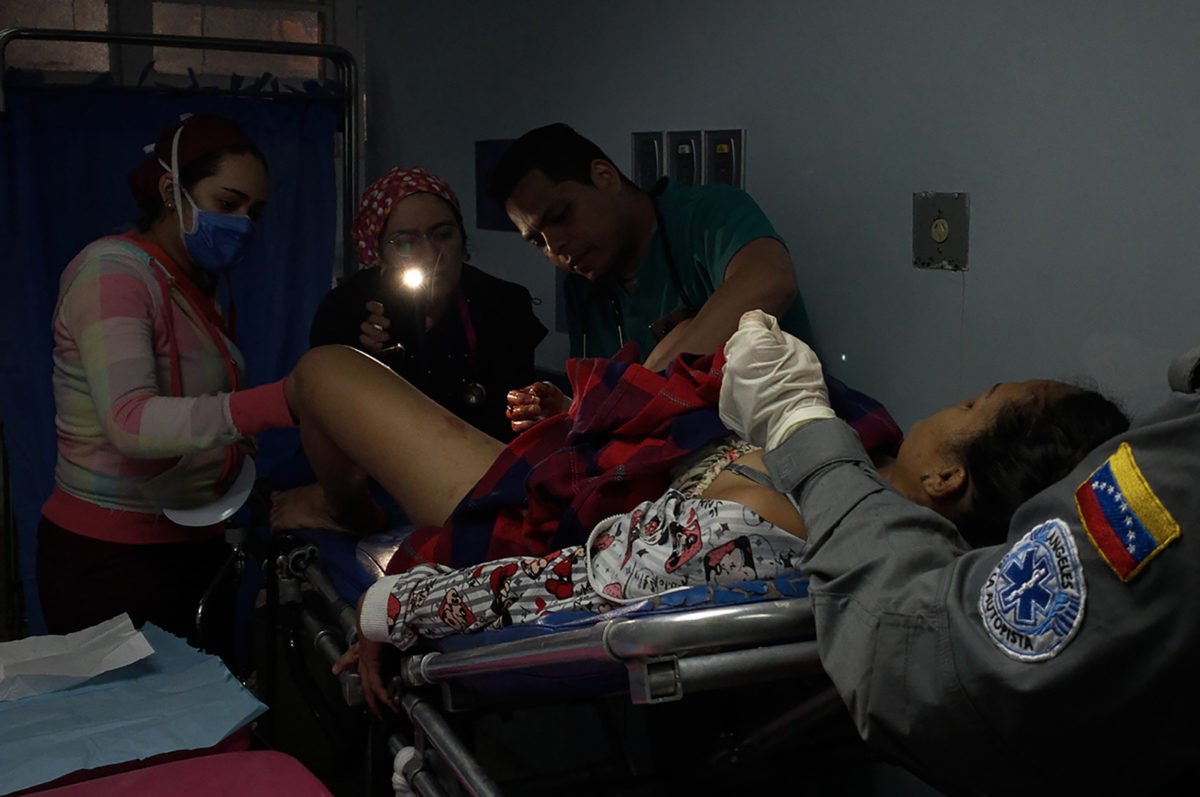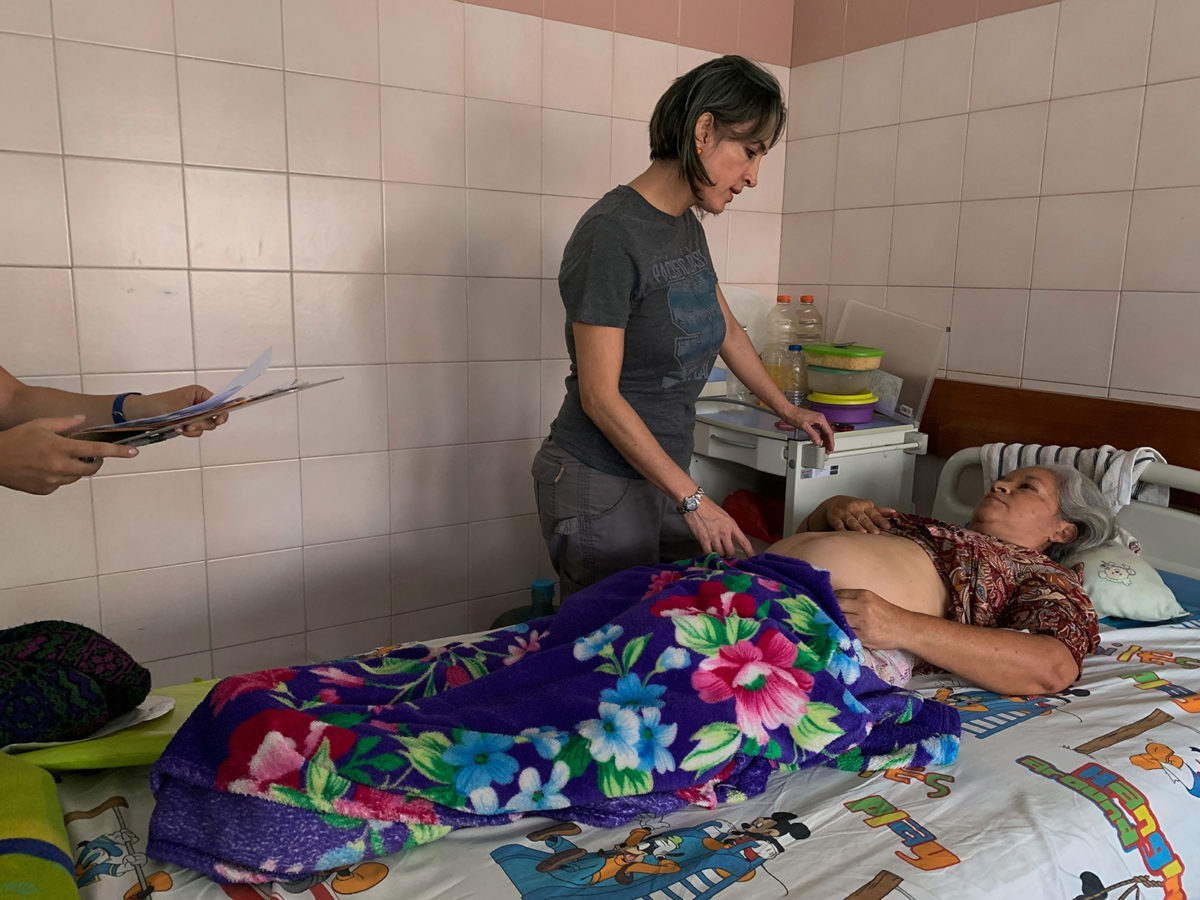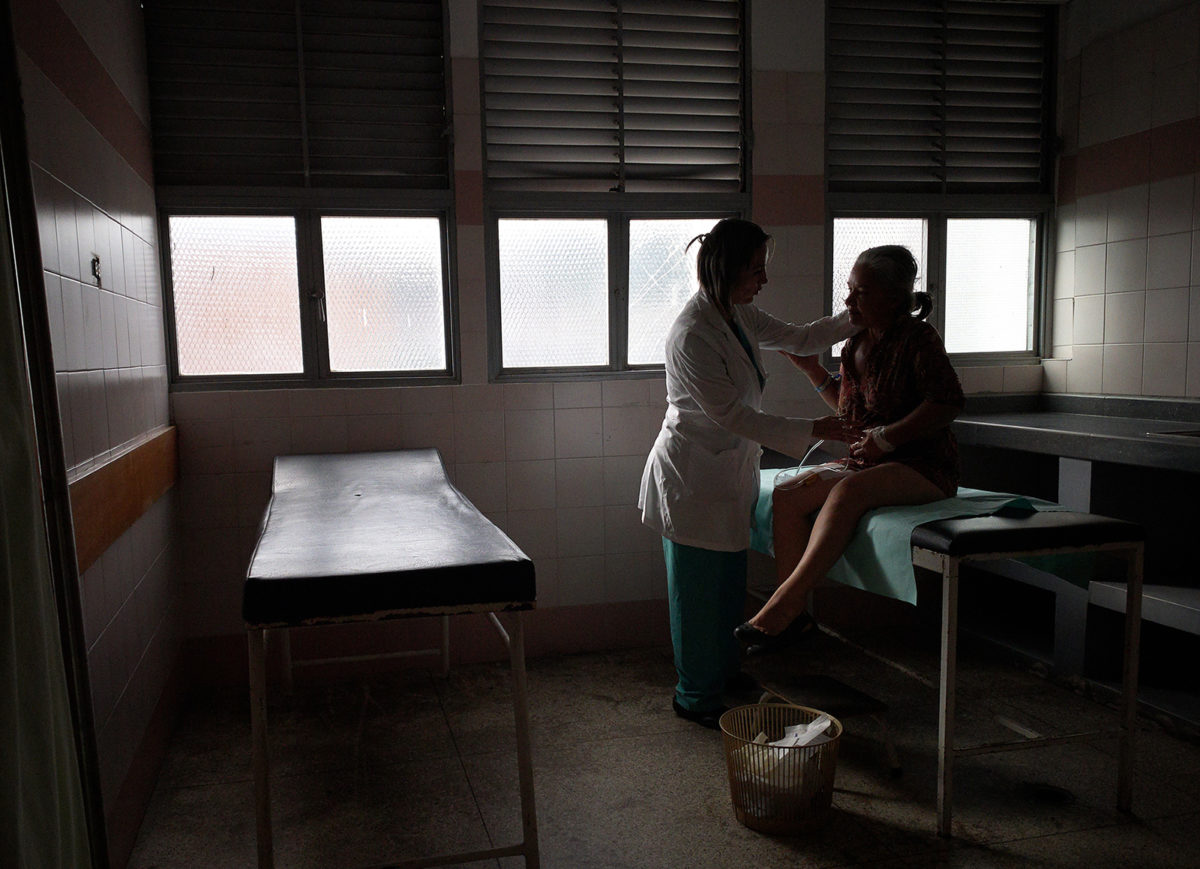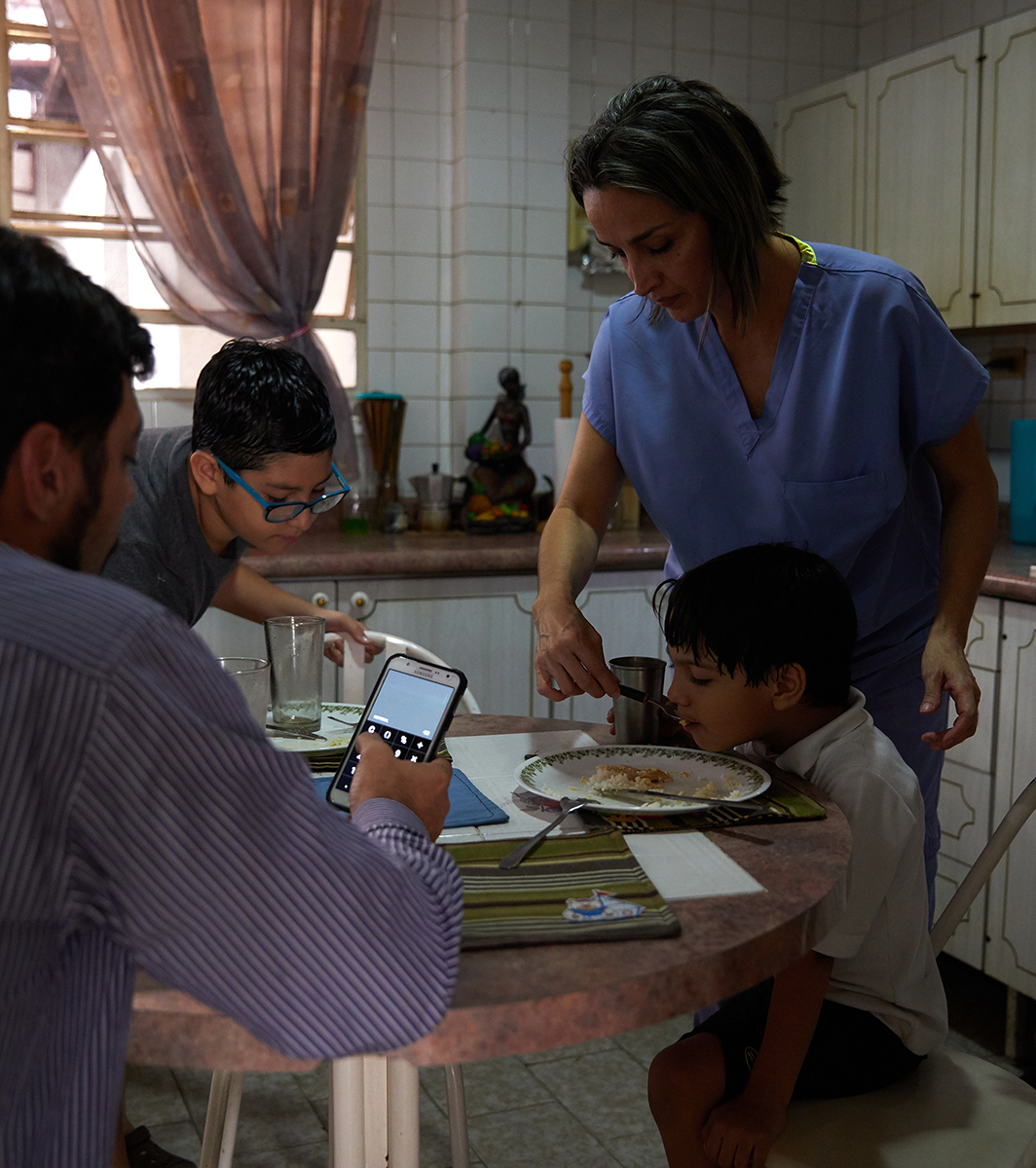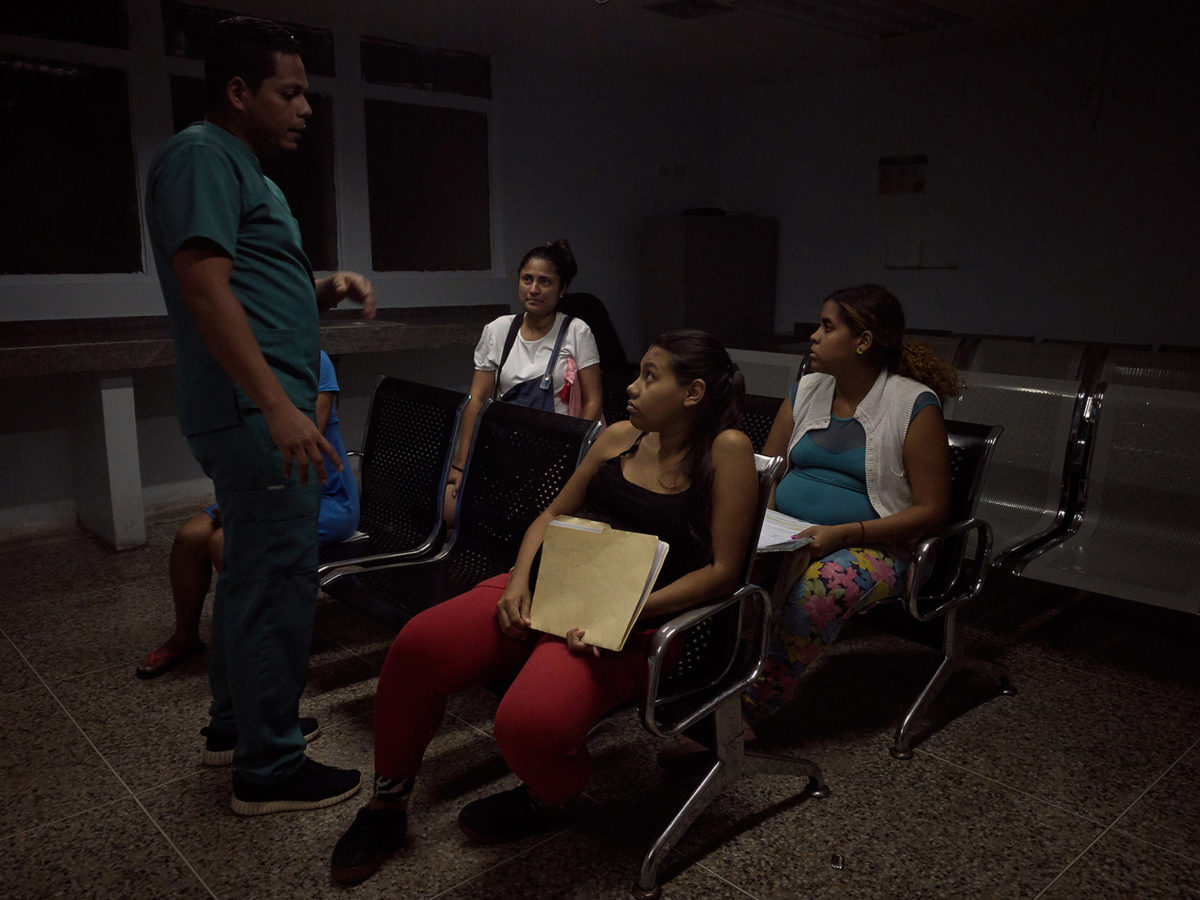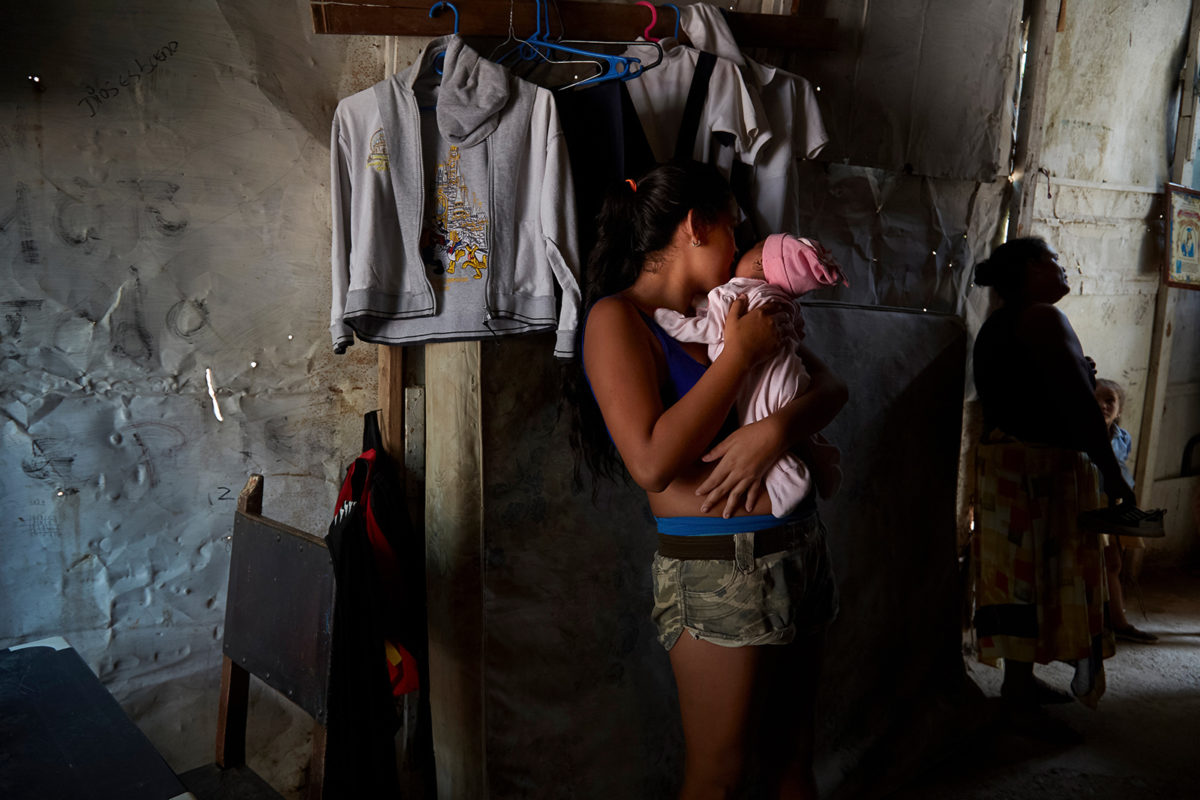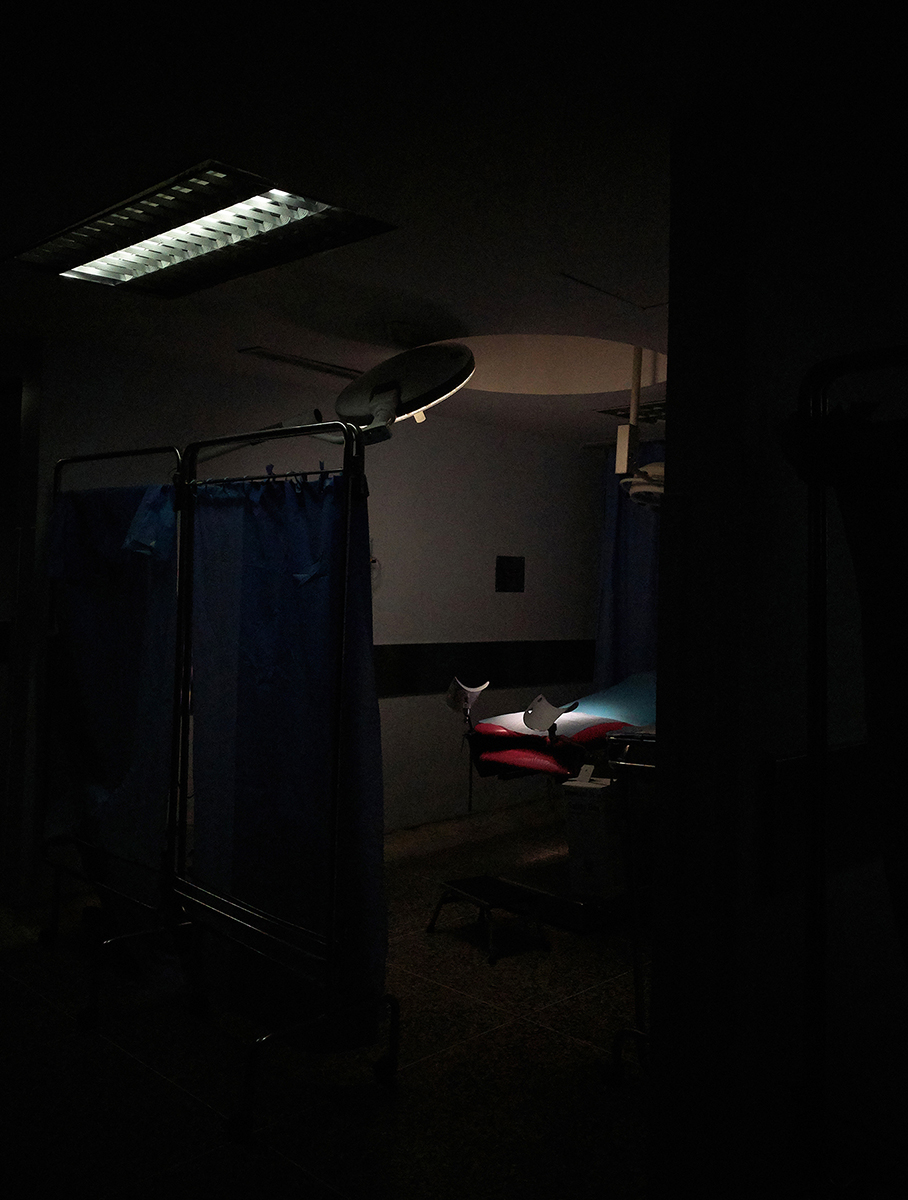A doctor. A failed system. Countless Women.
There were no supplies. They were supposed to arrive that afternoon, but never did. For the fifth day in a row Dr. Luisangela Correa had to inform her patient that she could not perform her surgery. She had been waiting to perform a surgery on a patient with an infected c-section incision.
From 2015-2016 alone Venezuela saw a 65% increase in maternal mortality according to Amnesty International. Then again in 2018 Venezuela saw another 65% increase in maternal mortality over the previous year according to a report from the University of Miami. The main causes, a lack of medicine and a lack of doctors. Dr. Luisangela Correa is an Emergency General Surgeon that supports Ob/Gyn in the Concepción Palacios Maternity Hospital in Caracas, Venezuela. For 19 years she has been working in the ob/gyn public hospital sector of Caracas. The public hospital sector of Caracas used to be reliable and dependable, a high quality system. In the last year alone Dr. Correa has seen her number of colleagues drop to less than half. Many have left the country due to the ongoing political crisis. What was once 6 surgeons is now 2. She is currently working without pay. She tells me, “If I don’t do this job, no one will. Here, there is no one left.”
While many women have fled the country to neighboring borders to give birth, there are those who can’t. They are forced to stay in a country where they are more likely to die giving birth than survive. With a lack of contraceptives throughout the country, pregnancies in young women are on the rise. The epicenter of this crisis is a barrio called Petare. Many women have no prenatal care due to high costs from inflation, and they also suffer infections. From August to October in 2018, Dr. Correa had to perform hysterectomies on 16 girls who were younger than 18 years old. The reason being, their uterus was infected. There is no way to sterilize equipment at the hospital, as all the sterilization machines are broken. They must depend on another hospital. The pathology department has also closed down to inability to function. Women are now responsible for obtaining their own pathology on tumors, organs, anything that is extracted. They are sent home with these tumors or organs in a recycled plastic bag, but most women have no means to obtain a vital pathology report.
Women in labor are constantly turned away from the hospital due to a lack of supplies and personnel. The public hospitals are empty. They have no running water, and barely any antiseptics and medication. Women walk long distances, carrying their hospital supplies, in labor trying to find a hospital that can accept them, and help them give birth. Women are forced to bring their own water, medications, dishes, and sheets. Dr. Correa has to constantly turn women away she know will not make it. The mental strain of saying I cannot help to a suffering woman, and fighting to get a simple task done is what makes doctors walk away.
Dr. Correa’s empathy for these women is heroic. She fights daily, with the help her resident Ronald, against a collapsed system to bring medical help that should be a human right. While Dr. Correa hopes Ronald will continue to stay in his home country when he graduates University to assist her at the hospital, she knows the true reality.

